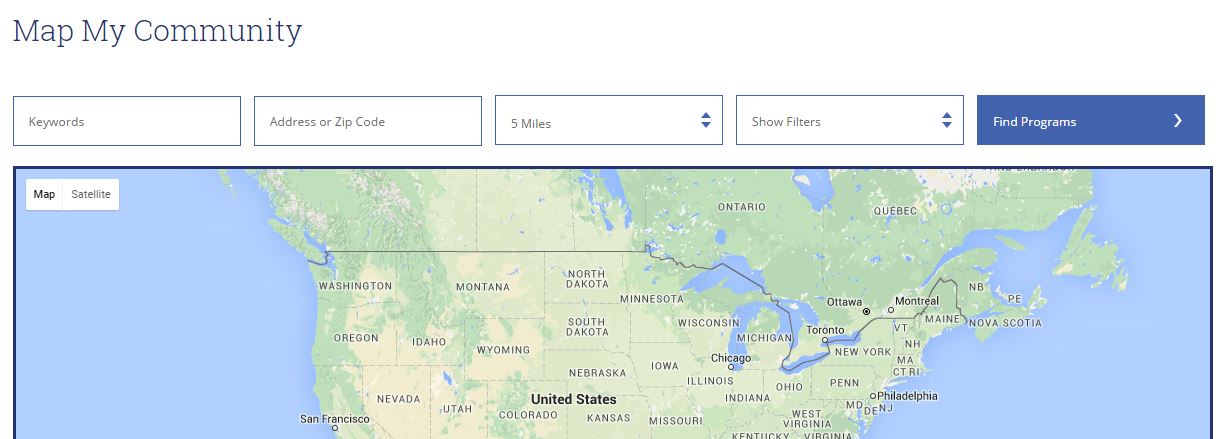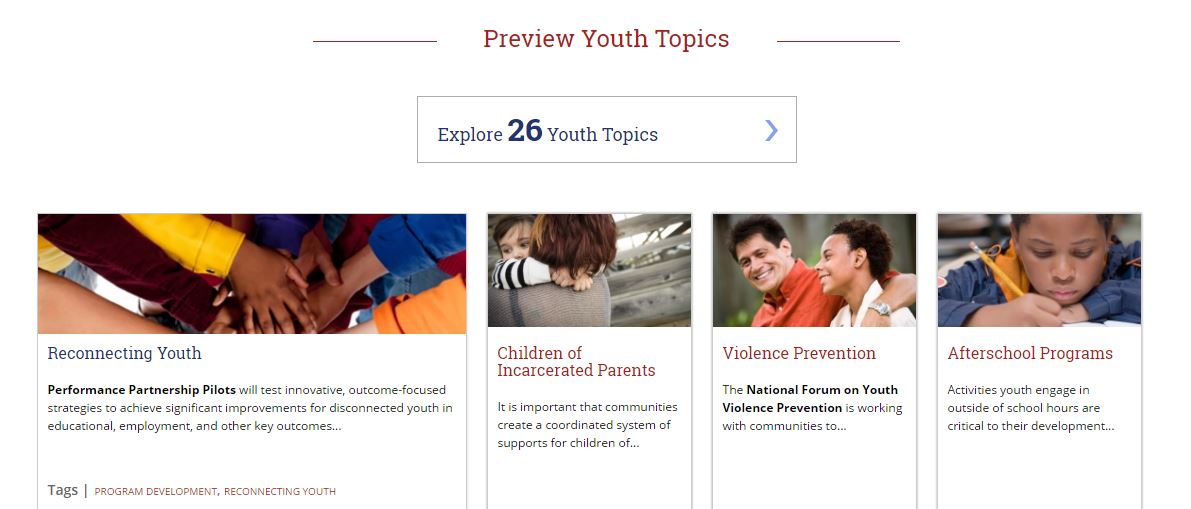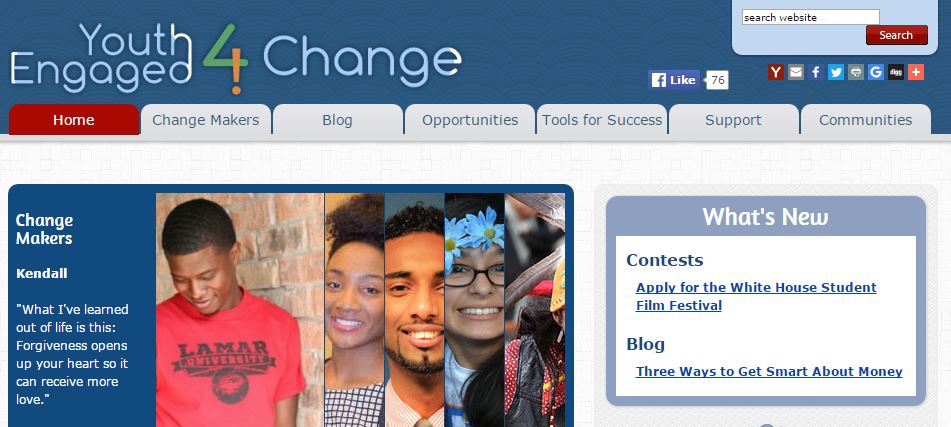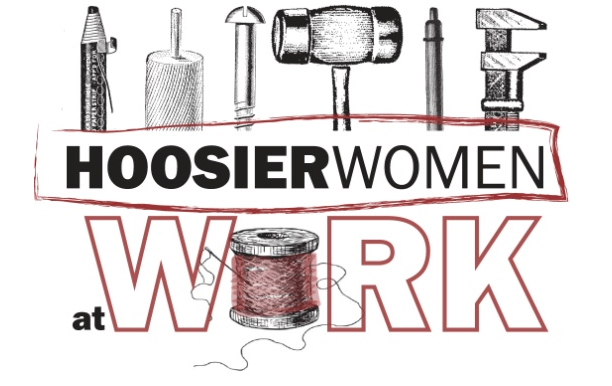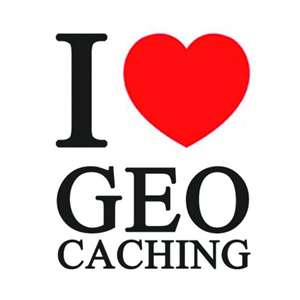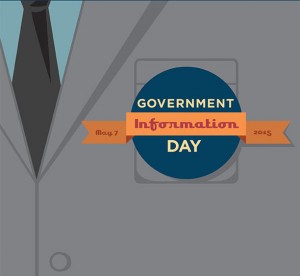For anyone interested in finding youth activities in their community, or wish to locate useful information relating to various topics relevant to teenagers, take a moment to visit Youth.gov. Youth.gov was created by an Inter-agency Working Group on Youth Programs (IWGYP) that support programs and services focusing on youth. The site is designed to engage with youth to promote change, implement evidence-based & innovative programs, and locate program funding in your local community.
Explore 26 different topics, read personal accounts of overcoming adversity, as well as browse a mapping feature to allow viewers the ability to search for community programs in your area. Youth.gov provides information for obtaining federal funds for youth programs, including links to additional federal resources, profiles of collaborative programs, and helpful tips to implement similar projects. Youth.gov promotes community involvement, outreach, and support for as one transitions from childhood to adulthood.
Below are some examples of Youth.gov topics:
For more information about government resources for children, please visit https://feddocs.lib.in.us/?page_id=101.

